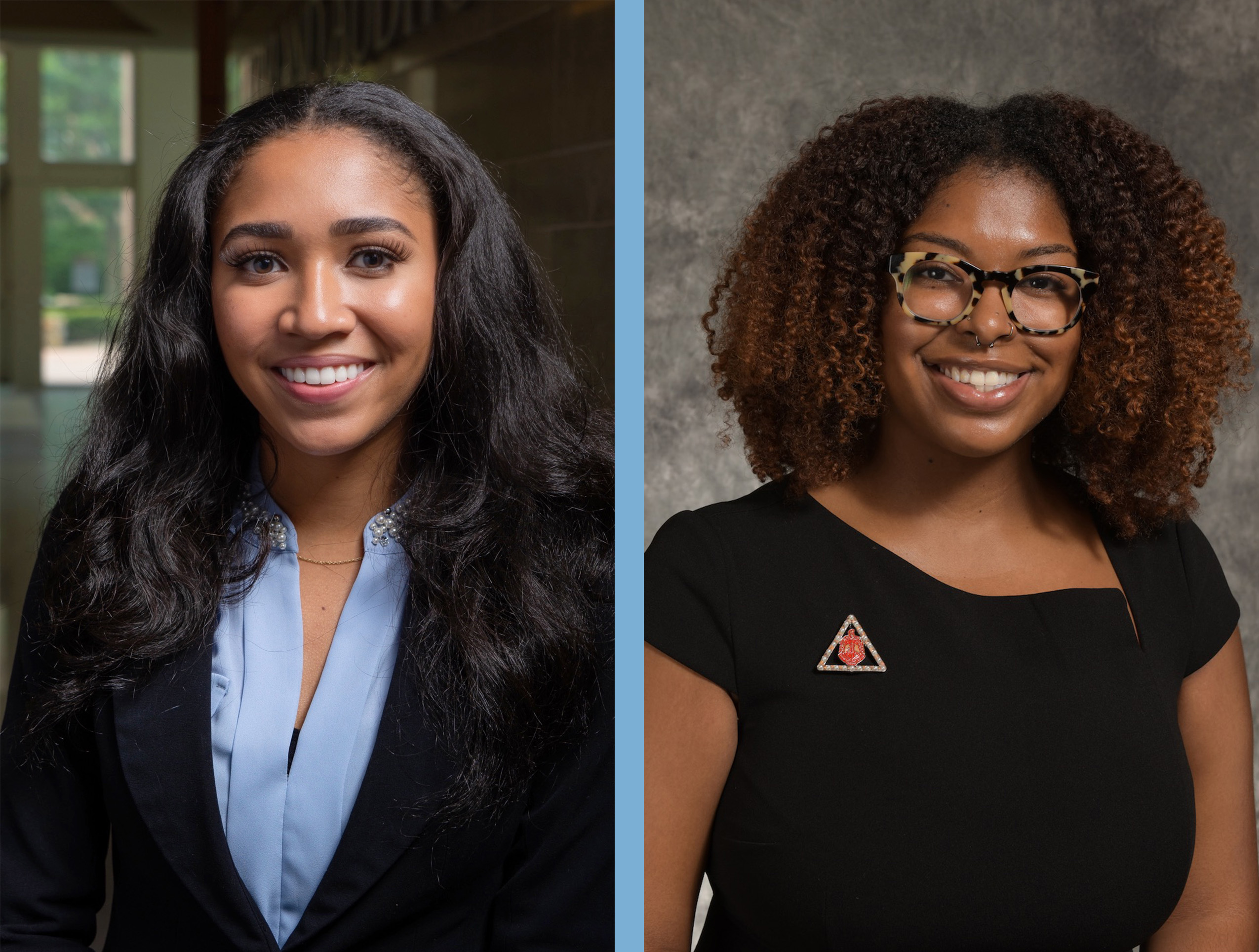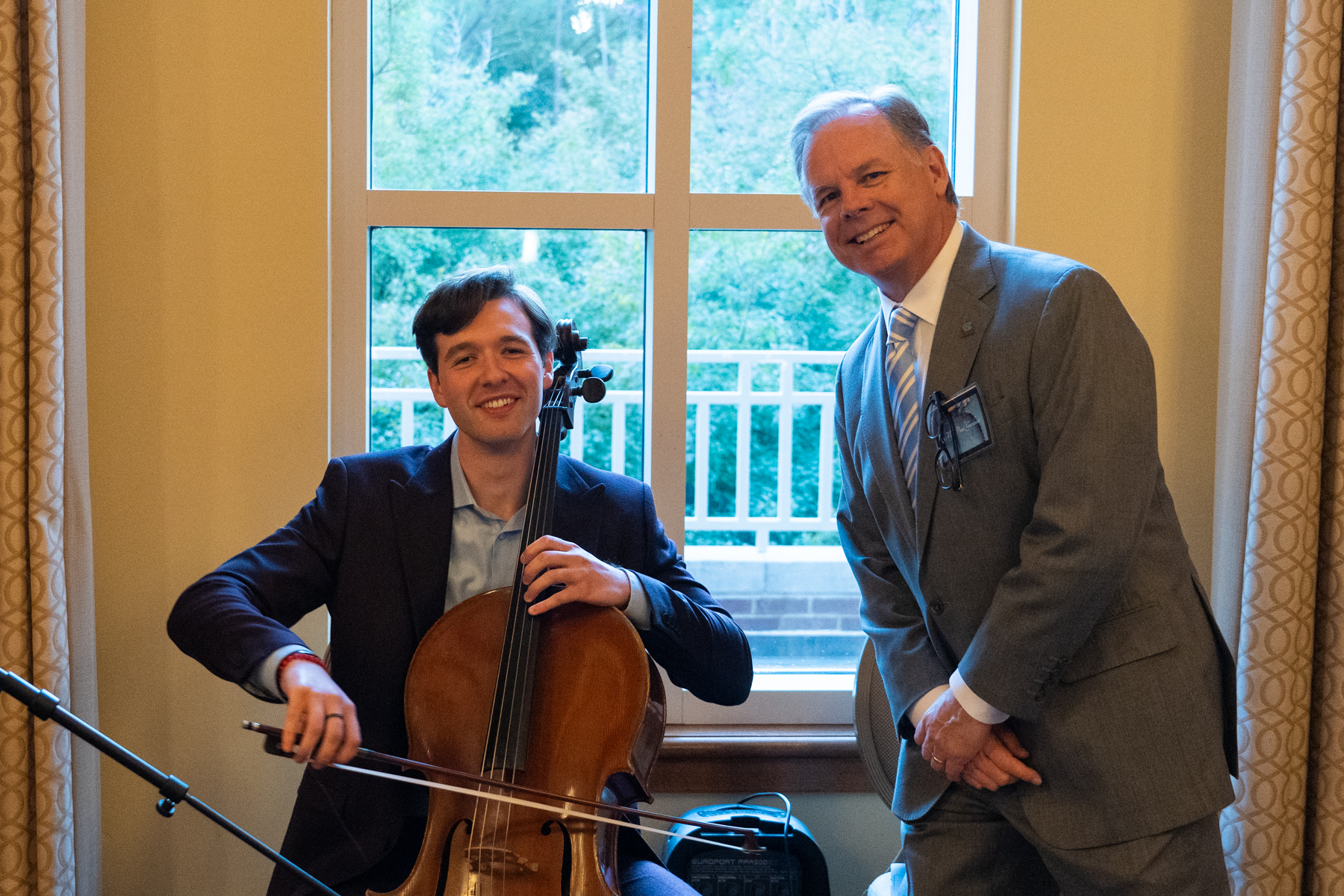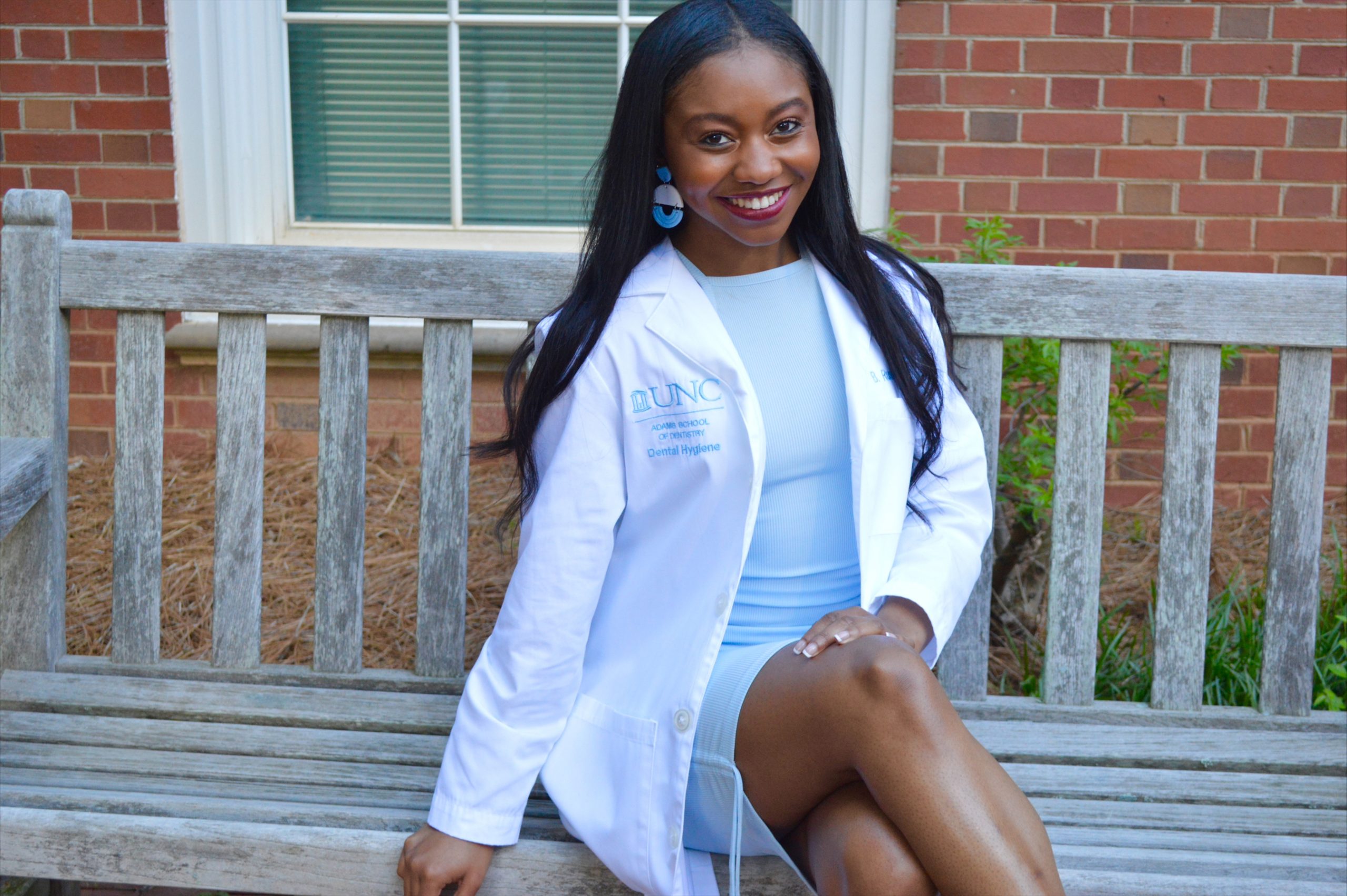A multidisciplinary approach to solve age-old problems

UNC Adams School of Dentistry’s Jane A. Weintraub, DDS, MPH, the R. Gary Rozier and Chester W. Douglass Distinguished Professor, first became interested in the science of aging when she took a sabbatical in 2016 and spent a month at the National Institute of Dental and Craniofacial Research (NIDCR), and learned about the new focus on geroscience across different areas at the National Institutes for Health. The NIH focus seeks to understand and influence aging pathways to delay or reverse the aging process, permitting people to live longer without chronic disease and disability, thus increasing the “health span.”
“At this time, the initiative did not have much focus on oral health. I was inspired to switch my research focus from kids to older adults and draw attention to this gap. We know poor oral health can have a major impact on quality of life, and it can be a risk factor for or result of other health conditions,” Weintraub said.
“While scientists have traditionally studied one condition at a time, geroscience changes our perspective to view how multiple aging pathways are interconnected and can affect multiple diseases at a time, including those found in the oral cavity. Our goal is to increase our “oral health span.”
Aging trends
As a large number of people arrive at age 65 and older, demographics in a variety of areas are beginning to shift. Everything from population size and life expectancy to socioeconomic disparities and chronic disease and disability. Aging is also a hot topic globally, even attracting the attention of the United Nations with its declaration of 2021-2030 as the “U.N. Decade of Healthy Aging.” According to the National Institutes for Health, this is also affecting the oral health profession, with a dramatic decrease of 15% in the prevalence of edentulism and an increase in retention of teeth.
Weintraub is expanding her interest in the topic in an even broader sense – participating in “Aging and Oral Health Research ‘Meeting within a Meeting’ ” held during the March 2023 American Association for Dental, Oral, and Craniofacial Research Annual Meeting with outcomes featured in the Journal of Dental Research e-supplement, Advances in Dental Research, and appearing recently on a podcast panel featuring Rutgers University’s Riva Touger-Decker PhD, RD, CDN, FADA, and University of California San Francisco School of Medicine’s Carla Perissinotto, MD, MHS, experts in the fields of nutrition and geriatrics, respectively, and weighing in on how aging affects oral health and ultimately, overall health and well-being.
“Although we are all aging, some people are more successful at maintaining their health span and longevity than others,” Weintraub said. “This project helped us understand geroscience, how the physiologic aging processes work as upstream risk factors for many chronic diseases and conditions. The synergy among different aspects of aging and oral health became apparent and the need for oral health researchers and researchers studying aging to work together.”
Multidisciplinary approaches to age-old problems
Weintraub discussed the meeting during the podcast and highlighted the advantages a multidisciplinary approach can provide to enhance longevity and overall health in older adults, remarking on how working outside of your expertise can produce new insights that may impact patient care.
“We need to stop functioning in silos and work together as registered dieticians, nutritionists, with oral health professionals, geriatricians, and others to treat older adults with tooth loss,” she said. “As clinicians, dentists need to ask patients about loneliness and social isolation. They need to ask if they’re having trouble eating, or if they’re avoiding eating certain foods or avoiding eating with other people. These are important things that we can add to our protocols.”
Weintraub stressed that inquiring about oral health during a nutrition appointment or physician visit could also be beneficial to achieving a longer health span.
“Oral health research is much broader than one specific body part. It increasingly encompasses the integration of oral health with all aspects of health,” Weintraub said.


